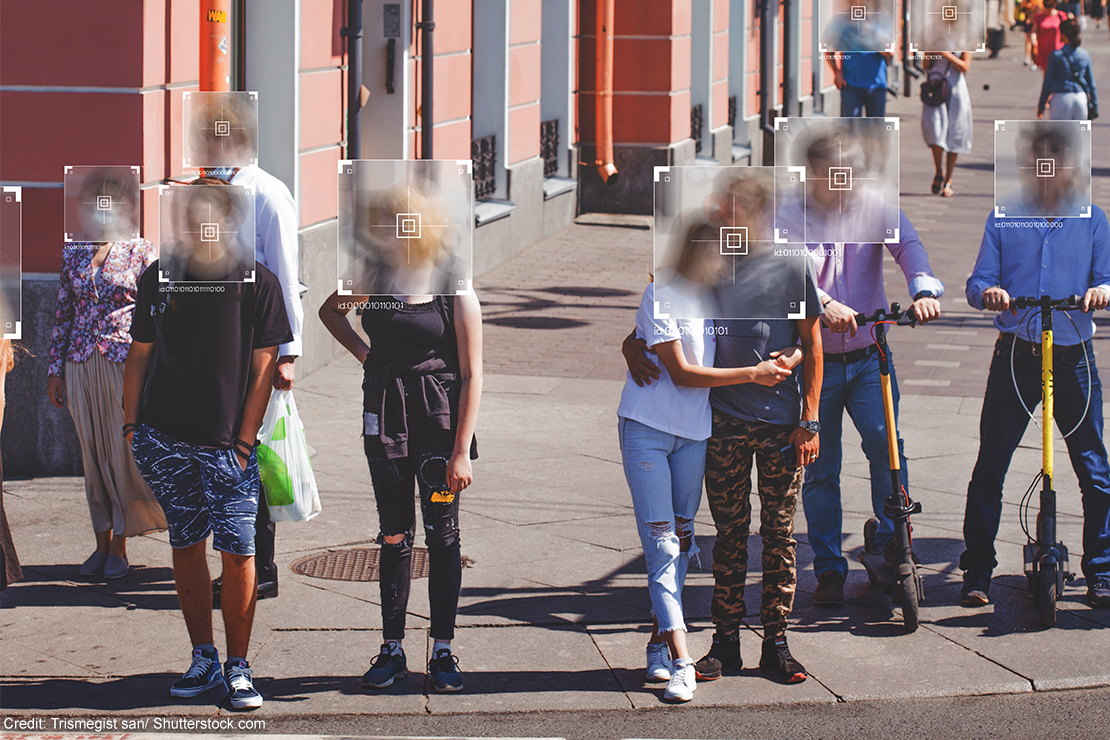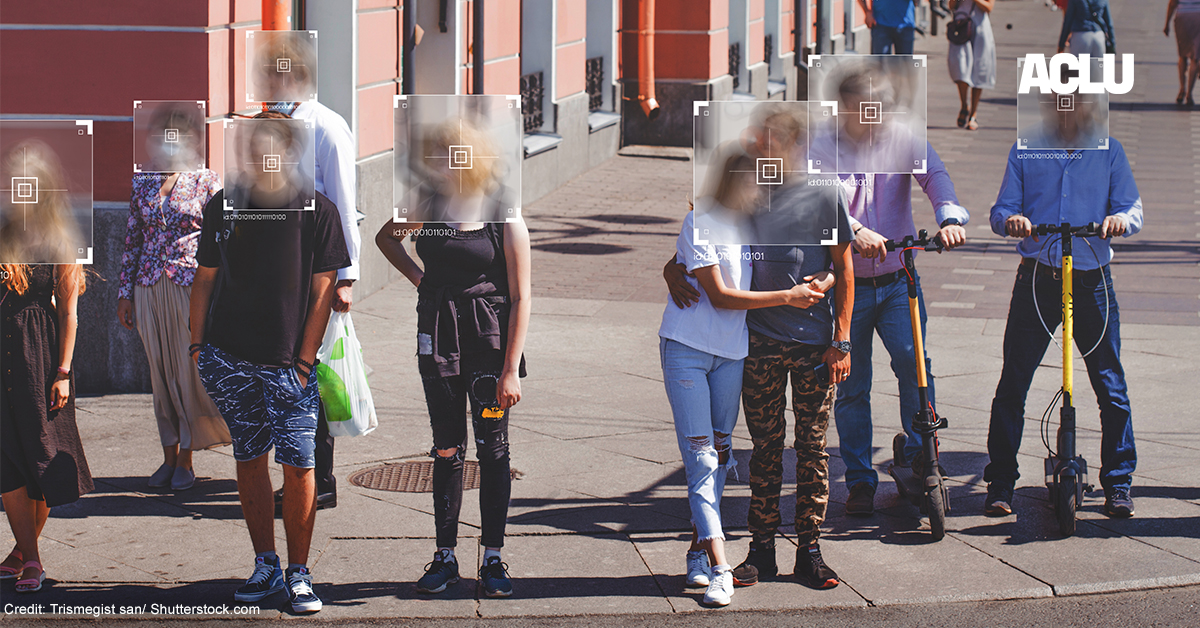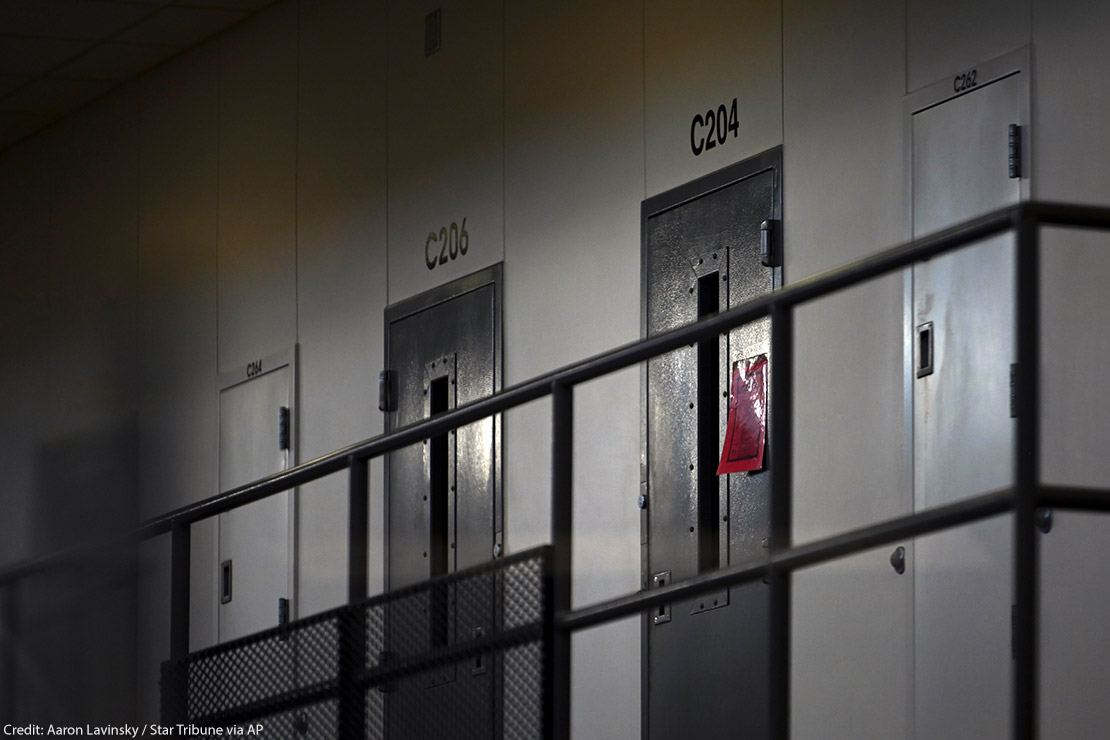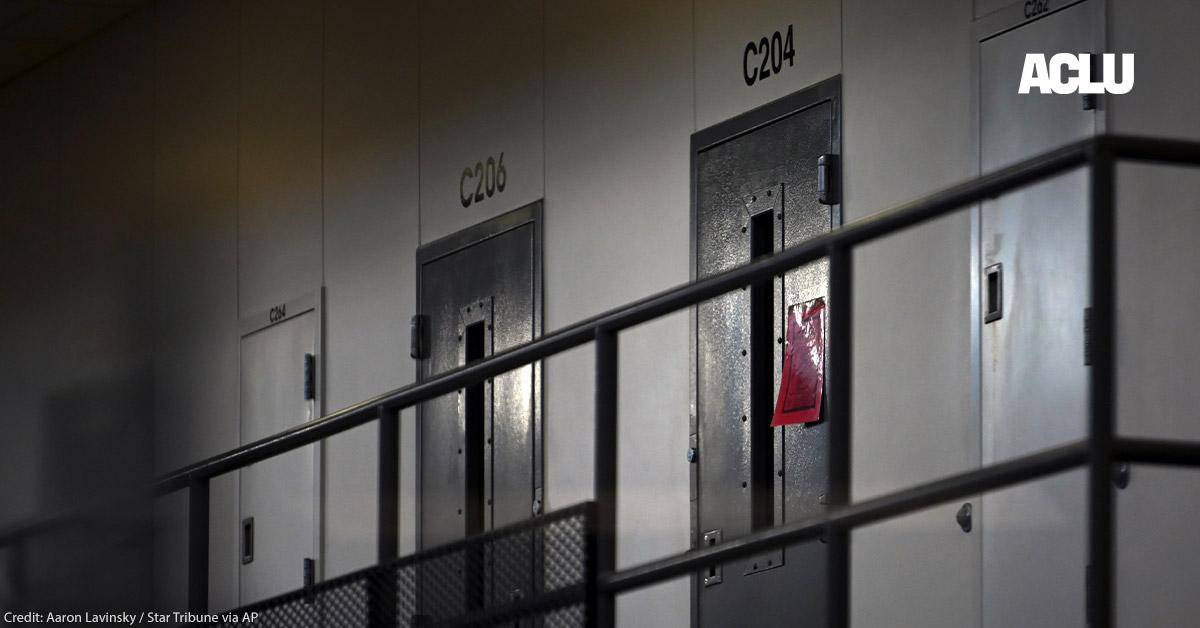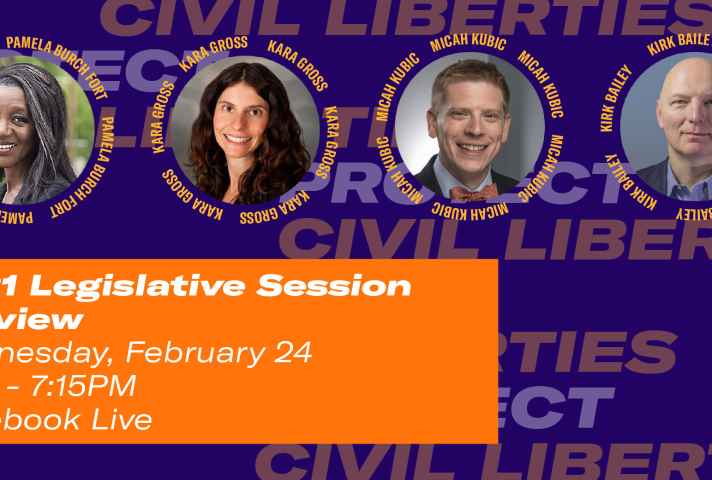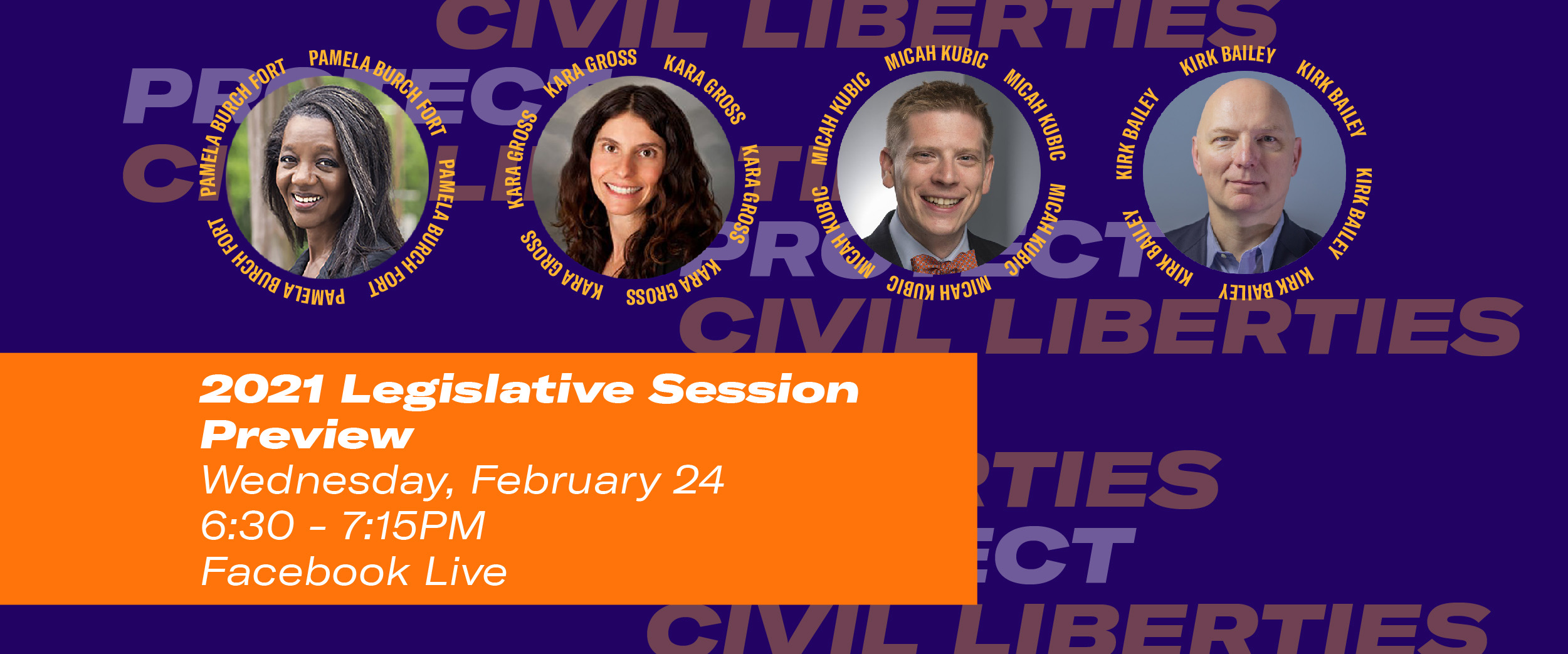Face recognition and other forms of biometric identification technologies are a threat to core constitutional rights and have a disturbing record of racial bias and inaccuracy that endangers people of color and other marginalized groups. In keeping with President Biden’s commitment to racial equity and civil liberties for all, he must take immediate action to halt the use and funding of these dangerous technologies by the federal government.
Today, we are calling on Biden to impose a federal moratorium on face recognition technology and prevent state and local governments from using federal funds to purchase it. More than 35 organizations and individuals — including Leadership Conference on Civil and Human Rights, the Electronic Frontier Foundation, and Amnesty International, among others — join us in a coalition letter urging swift executive action.
Study after study has revealed the flaws of face recognition technology. In 2018, an MIT research team led by doctoral candidate Joy Buolamwini (who also cosigned our letter) found alarming racial and gender disparities in commercial face recognition systems, including Amazon’s Rekognition software. While the systems were relatively accurate when analyzing the faces of white men, they failed up to one in three times when classifying the faces of Black women. Subsequent studies confirmed these findings, including a study from the federal government itself.
These flaws pose a particular threat to people of color, women, transgender and gender-nonconforming people, and other marginalized groups who are more likely to be misidentified — and bear the consequences. Not even members of Congress are safe — when the ACLU ran a test on Rekognition, it falsely matched 28 members of Congress with a mug-shot database, with false matches disproportionately affecting lawmakers of color.
So what happens when a face recognition system falsely matches somebody to a photo in a database? We saw the result last year, when Detroit police arrested a Black man, Robert Williams, because a face recognition tool had returned a false match. While the police later acknowledged the mistake, the damage was already done. Williams had been arrested on his own front lawn, in front of his wife and two young daughters. He had to spend 30 hours in a jail cell, accused by an algorithm of a crime he didn’t commit. On the arrest, Williams said, “How does one explain to two young girls that the computer got it wrong, but the police listened to it anyway?”
We know of at least two more Black men who were misidentified and falsely arrested due to face recognition technology. However, the real number of victims is unknown because of an unacceptable lack of transparency from the FBI and other law enforcement agencies, which have been using this technology for years without explicit authorization or guidance. But government use of face recognition technology goes far beyond law enforcement. We’re seeing it deployed in schools and public housing developments — where its flaws and biases threaten to disproportionately harm Black and Brown people in settings already wrought with racial discrimination and inequality.
Even if face recognition technology was perfectly accurate, it would still be a nightmare for civil liberties. Face recognition technology gives governments, companies, and individuals the power to spy on us wherever we go — tracking our faces at protests, political rallies, places of worship, family planning clinics, substance abuse treatment centers, and more. When combined with existing networks of surveillance cameras dotting our urban and suburban landscapes, face recognition algorithms could enable governments to track the public movements, habits, and associations of all people at all times without any justification or suspicion of wronging — merely with the push of a button.
Never before has the government possessed a surveillance tool as dangerous as face recognition technology. If the government can track us everywhere we go, we lose our freedom to speak our minds, freely criticize the government, pray to the god we want, and access health care in private. These are not hypothetical dangers: Face recognition technology is currently being used to conduct precisely this kind of dystopian monitoring in China.
Despite these glaring concerns, U.S. federal agencies have been using face recognition technology for nearly two decades — in secret and absent any regulation or oversight. The fight has gone on just as long. The ACLU and thousands of our supporters have been calling on Congress for years to stop law enforcement use of face recognition, and we have sued for information about its use by the FBI, DEA, ICE, and CBP. We’ve also taken on private companies for their role in facilitating this dangerous technology, including by suing Clearview AI for violating an Illinois biometric privacy law.
We have made progress over the years: In 2020, during the wave of protests against police brutality, we led a coalition of more than 80 civil rights groups calling on Amazon, Google, and Microsoft to stop selling face recognition technology to law enforcement. Those companies have now stopped or paused sales to law enforcement. Fifteen municipalities across the country have banned government use of face recognition technology, including Boston, Massachusetts, San Francisco, California and Jackson, Mississippi. The State of Vermont has done the same. And California has halted the use of facial recognition and biometric technology in connection with police body cameras.
We have a chance with the new administration to set a powerful new precedent on face recognition technology. President Biden must make his administration a major turning point, and make the U.S. a leader in the world, by placing a moratorium on government use of face recognition technology.
Date
Wednesday, February 17, 2021 - 12:15pmFeatured image
